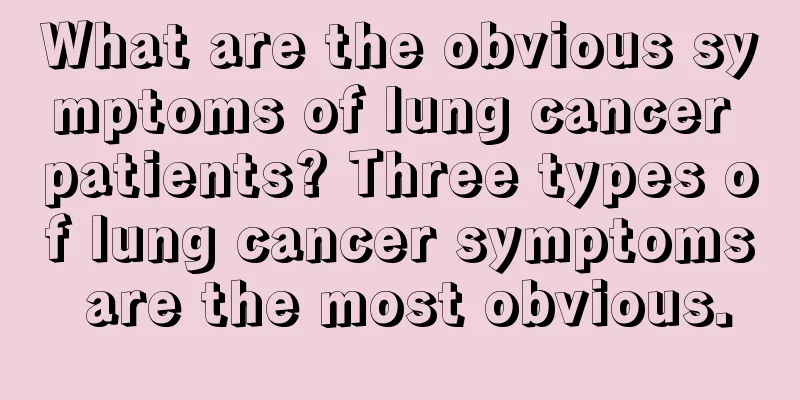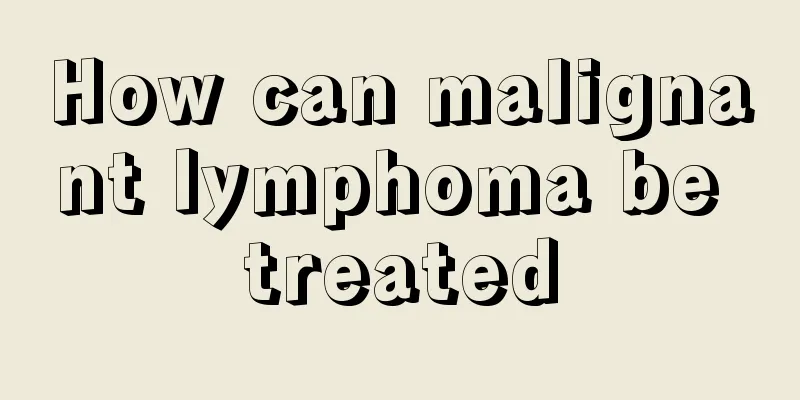Precautions for gastroscopy in patients with esophageal cancer

|
In order to reduce the threat of esophageal cancer to people's health, it is important to do a good job of esophageal cancer examination as early as possible. Among them, gastroscopy can be said to be an indispensable examination. Anyone over 50 years old who experiences a feeling of food stagnation or difficulty swallowing after eating should undergo a gastroscopy in a timely manner. Generally speaking, esophageal cancer is rarely missed during gastroscopy. If the gastroscopy photo is clear, even if it is done in a small hospital, and the examination report says that there is no esophageal lesion, it is generally fine and there is no need to go to a large hospital for repeated gastroscopy. However, if a gastroscopy in a small hospital finds esophageal lesions and it cannot be proven whether it is esophageal cancer or precancerous lesions, the patient should consult an experienced doctor or undergo further examination to confirm the diagnosis. Gastroscopy can directly observe tiny lesions and is currently the main means of diagnosis for esophageal cancer. Once esophageal cancer is discovered, it is generally not easy to determine whether it is early or late stage cancer, because the early or late stage of cancer is not determined by the size of the tumor, nor is it the common understanding that a large tumor is late stage, but by the depth of tumor infiltration in the esophageal wall. When the tumor infiltrates more than half of the esophageal wall, it is in the advanced stage. Ultrasound endoscopy can be used to observe the depth of tumor infiltration. Therefore, in order to determine the treatment plan, doctors often recommend that patients undergo ultrasound endoscopy. It is worth noting that the discovery of esophageal masses or ulcers during gastroscopy does not mean that it is a malignant tumor, because some benign lesions, such as esophageal tuberculosis and Crohn's disease, can also show similar symptoms. Therefore, it is necessary to take tissue for pathological examination when esophageal lesions are found during gastroscopy. If there is no clear result of the pathological examination report, the doctor will generally not take surgical treatment or rashly perform chemotherapy. |
<<: Dietary principles for patients with laryngeal cancer
>>: The occurrence of gastric cancer has a certain relationship with heredity
Recommend
How to care for oily forehead
In fact, many people do not have time to take car...
Traditional Chinese medicine formula for treating bone cancer
What are the Chinese medicine formulas for treati...
How to replenish kidney qi
The kidney is one of the five major organs of the...
Hormone facial treatment and repair methods
Hormone face is caused by long-term use of cosmet...
How to treat cervical cancer in its early stage? What are the abnormalities of cervical cancer in its early stage?
Cervical cancer is one of many types of cancer. I...
What to do if your back is cold and painful?
There are many reasons for back pain. The most co...
What to do if your skin becomes red and painful due to sunburn
Although everyone tries various methods to protec...
What are the symptoms of lung deficiency?
Lung deficiency is divided into two types: lung q...
What should I do if I am allergic to hair removal?
Everyone has a lot of hair on their body, and mos...
In the early stages of gastric cancer, there may also be a feeling of fullness and discomfort in the upper abdomen
In the early stages of gastric cancer, there may ...
Can honey and fermented glutinous rice be eaten together?
Eating is something we have to do every day. Ther...
Exercise plan to treat lung cancer
Exercise can cure lung cancer. Mild activities ar...
What is the first choice hospital for esophageal cancer?
What is the first choice hospital for esophageal ...
When is the best time to start chemotherapy for gastric cancer? Generally 3-4 weeks after surgery
For patients with gastric cancer, whether to star...
What are the benefits of washing your face with apple cider vinegar
Apple cider vinegar is a nutritious drink. Its ma...









